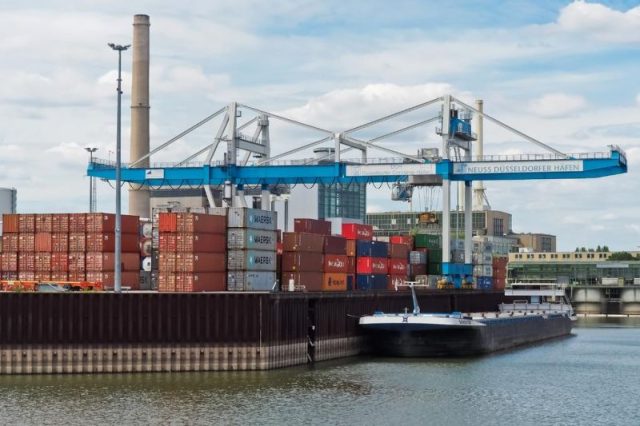The Baltic Exchange’s dry bulk sea freight index, which monitors rates for vessels moving dry bulk commodities, slipped to a one-month low on Friday on waning demand across vessel segments as trade war tensions rise.
The main index, which tracks rates for capesize, panamax, and supramax shipping vessels, fell 51 points or 3.3% to 1,489, and was on track for its third straight week of losses.
China’s finance ministry said on Friday it will impose additional tariffs of 34% on all U.S. goods from April 10 as a countermeasure to sweeping tariffs by U.S. President Donald Trump.
Niels Rasmussen, chief shipping analyst with BIMCO, said he expects the tariffs to primarily affect the panamax and supramax segments.
The capesize index fell 118 points or more than 5% to 2,219, on track for its third weekly loss.
Average daily earnings for capesize vessels, which typically transport 150,000-ton cargoes such as iron ore and coal, fell $979 to $18,404.
The panamax index extended declines for the fourth consecutive session, shedding 39 points or 2.7% to 1,425, to snap the streak of three straight weeks of gains.
Average daily earnings for panamax vessels, which usually carry 60,000-70,000 tons of coal or grain, was down $352 at $12,824.
Among smaller vessels, the supramax index dipped 2 points to 971, set for the second consecutive week of losses.
“In terms of volume, grains, coal and petcoke are the largest exported commodities. As these cargoes become comparatively more expensive, China will likely boost imports from other trade partners, such as Brazil, Ukraine, Indonesia, Russia, Australia and Mongolia,” Rasmussen said.
Source: Reuters











